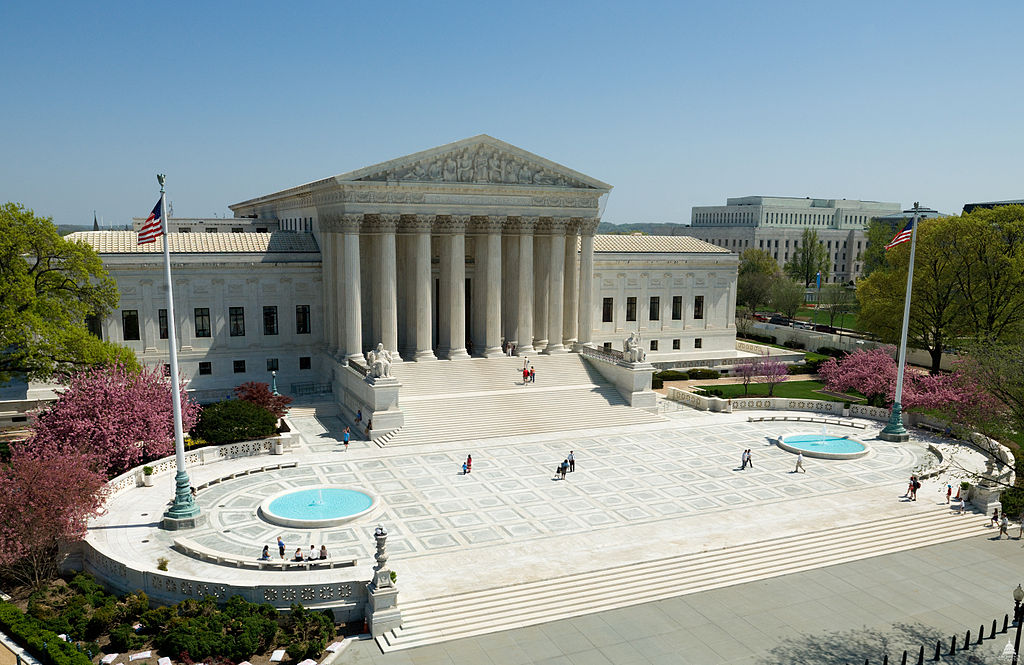In Noah Webster’s 1828 American Dictionary of the English Language—his first dictionary—he defines “marriage” as the following:
The act of uniting a man and woman for life; wedlock; the legal union of a man and woman for life. Marriage is a contract both civil and religious, by which the parties engage to live together in mutual affection and fidelity, till death shall separate them. Marriage was instituted by God himself for the purpose of preventing the promiscuous intercourse of the sexes, for promoting domestic felicity, and for securing the maintenance and education of children.
I can think of no better definition than the one Webster set forth nearly 200 years ago, and I wish more people would take some time to ponder the meaning of marriage. It’s especially crucial considering the push nationwide to take marriage and redefine it to mean something it’s really not. The civil and religious union of one man and one woman is exactly what marriage means, and it’s so unfortunate that our society—in an understandable, but misguided attempt to avoid offending—is drifting towards giving up on recognizing that words matters, and all the more so when it comes to marriage. Without proper definitions, words are destroyed, and with that the meaning in language, and with that a great amount of societal confusion occurs.
It goes without saying that Noah Webster believed in the power of words, and did not shy away from allowing biblical truth to inform him. That is, after all, why he wrote a dictionary—he wanted the definitions of words to be communicated clearly and truthfully. He knew that without a correct understanding of words, we’d all be in big trouble, and today’s battle over the definition of marriage absolutely shows we’re in trouble. Were Webster still alive, I can only wonder what he’d be thinking right now. I can imagine he’d probably say something like: “This is what happens when you devalue words. Society itself falls into a state of confusion.”
The intentional destruction of the definition of marriage, and that of many other words that hold extreme importance to culture, should alarm us all. You can have the strongest economy and the most powerful country in the world, but without truth in words, society cannot survive.



